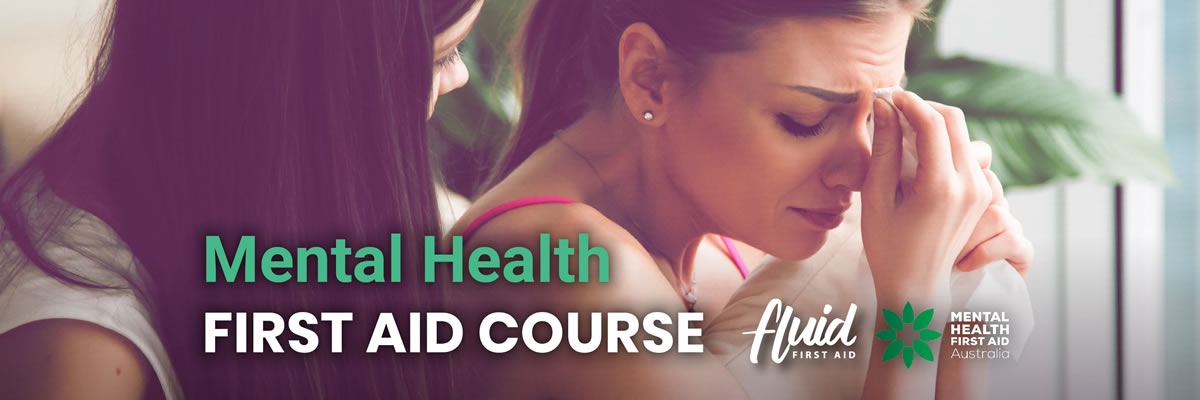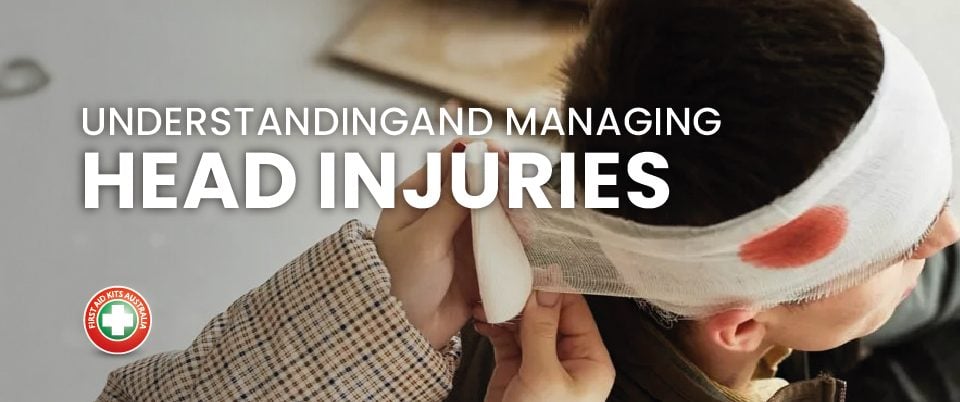
Black Friday Sale
25 November 2019
Christmas Sale
30 November 2019Have you ever being around a colleague or team-mate that was going through a rough patch, that you noticed weren’t quite themselves?
Like most people, perhaps you did not know what to do or how to help?…
People that are undergoing mental health problems struggle to ask for help, in some cases, for fear to be judged or fired. Others decide to deny or endure the problem until they snap.
Faced with this situation, what can you do? The answer is: to learn Mental Health First Aid.
First Aid for the Mind
Mental Health First Aid is providing help and support to someone who may be experiencing a mental health problem or a mental health crisis until appropriate professional help is received or the crisis resolves, using a practical, evidence-based action plan.
And how does it relate to the workplace scenario?
Due to the nature of the tasks performed, the schedule or the type of work at hand, there are some workplaces that can be more stressful than others. For example, FIFO workers, emergency service personnel, air traffic controllers, etc. But also, there are circumstances in the life of a person that can be difficult to cope with and can trigger mental health symptoms.
So, accumulated stress can have a toll on some people leading to dysfunctional behaviors or symptoms that appear in the workplace. Sometimes the person feels down, or angry, have trouble concentrating or are unmotivated. In the most extreme cases, it can result in panic attacks, heart attacks, violent outbursts, self-harm, and so on.
Thankfully there are practices and actions that can be implemented to prevent these things from happening. Mental Health First Aid in workplaces, focuses on taking care of the urgent issues, and at in some instances, prevent serious events from happening.
MHFA applied in workplaces
So, how can we help or provide early intervention to a co-worker who is undergoing a mental health problem?
Firstly, it is important to point out that, like any other First Aid intervention, you are only providing initial help and support until the person can be transferred on for professional treatment. Therefore, you’re not becoming a psychologist for your colleagues but giving them a head start into mental wellbeing, or just helping to preserve the stability they already have.
Secondly, also like any other first aid, they are a set of tools and evidence-based knowledge that need to be acquired by training. You can’t go about “helping people” if you don’t know what you are doing.
However, there are practices that we can implement to enhance the mental wellbeing of our work environment.
An open-door policy: Workers should not be afraid of talking to their managers. Whether it is to tell them they’re not having the best time because of some issue at home, or that there’s someone or something that’s stressing them out in the work environment.
Managers should do their part, listening, being supportive, and above all, not judging. Listening can do wonders, and if you see that there’s solvable problem between two colleagues, mediation is always a possibility.
Flexible and supportive workplace: Documented policies and procedures can help formalize
the workplace’s stance on the importance of psychological health and safety, and helping to reduce the stigma associated with mental health conditions. Considering introducing the policy during the on-boarding process.
Practice respectful workplace interactions: Workplace related bullying is a real issue. So practicing respectful interactions is a must, to alleviate stress and to prevent abuse of power.
Nonetheless, there are some practices that tend to deteriorate mental health in the workplace. They can be defined as triggers: actions, demands, procedures that can make people stress levels peak. You should watch out and try to avoid these:
- Highly demanding positions: intense jobs, that require constant physical, intellectual skill or high workloads tend to have a negative impact on the employee’s mental health and should be reduced or flexibilized.
- Low role clarity can bring about loads of unhealthy stress. When there are constant changes being made to the tasks at hand, workers don’t feel in control of their job or what they need to do. To avoid this try having some clear role division and management procedures that allow dialogue.
- Poor environmental conditions or hazardous work environments.
MHFA: a win-win situation
All in all, there are some things you can do to improve the mental health of your workplace. It will make a change for good, for everyone. When you prioritize mental health, people take note, and having an open doors policy, a supportive environment will bring positive change.
People work to their full potential when they feel listened to and supported, and in turn, they will also replicate this behavior between one another.
These are some tips to keep in mind, but if you want to access the complete know-how of what to do, when and how to go about it successfully you should book a Mental Health First Aid course.
You never know how necessary it may end up being. You might change someone’s life or in the worst case scenario, even save a life. And that’s just by taking notice of certain behaviors, listening or encouraging people to get professional help.
Go to https://www.fluidfirstaid.com.au/mental-health-first-aid/ and book your course. To know what to do can make a difference. Book your course now!





